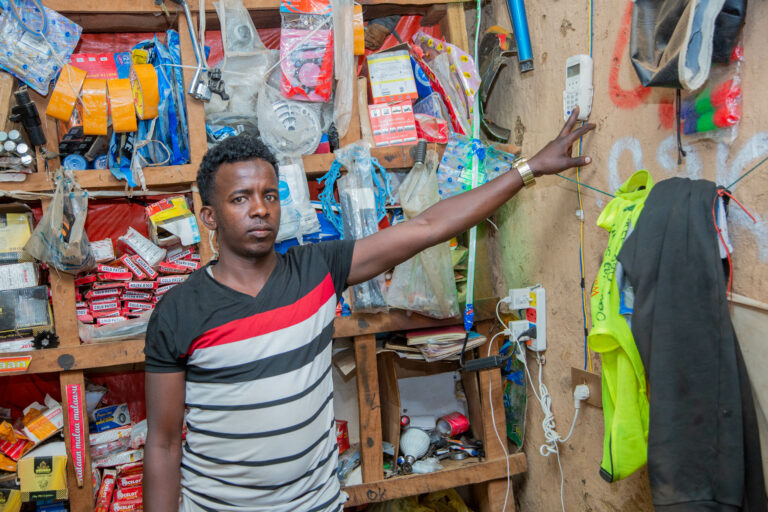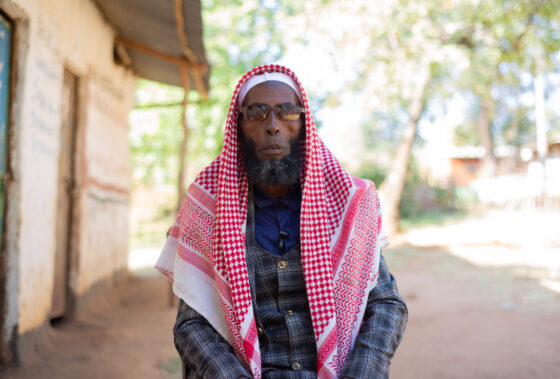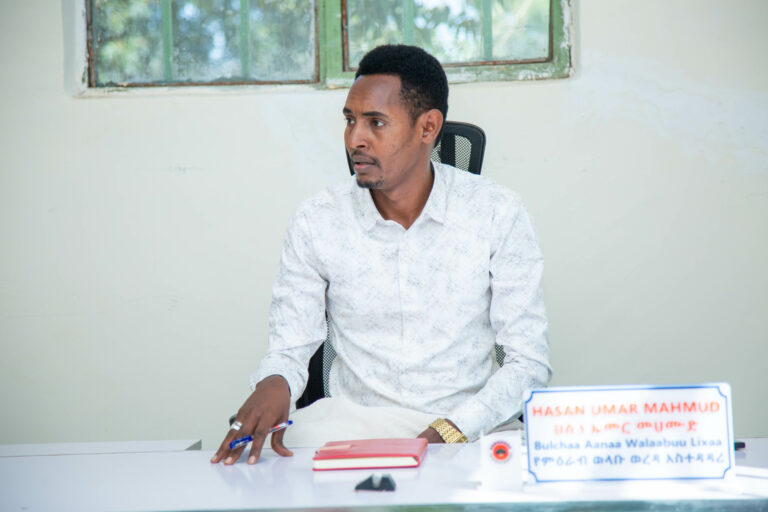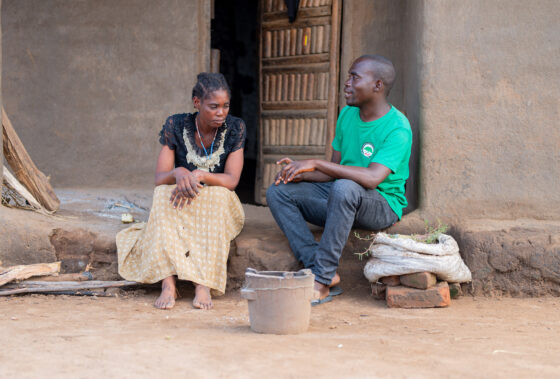In rural Ethiopia, access to solar electricity has sparked a true transformation. With support from EnDev, the village of Oda now enjoys clean, reliable energy that powers businesses, schools, and homes. Meet Xaher and his neighbours, who are building a brighter future.
Tackling long-standing barriers to education
Like most rural areas in Ethiopia, Oda village in West Wellabu Woreda, had no access to reliable electricity. Xaher Hammed, an Oda resident, knows how limiting this can be for lives and livelihoods. Like his neighbours, he had to rely on expensive, inefficient, and polluting energy sources such as kerosene, diesel, and firewood. “Our community lived in darkness,” he says. That changed when EnDev installed a community-led solar mini-grid in 2024.

Today, Xaher can get an early start at the metal workshop he has set up. With the lights flicked on and tools powered by the solar mini grid, his business is one of several in Oda that can run smoothly on solar electricity. After work, Xaher can now stroll over to Fatiya Abdulahi’s well-lit restaurant for a meal of injera flatbread with spiced scrambled eggs and tea, charge his phone at Seyfiden Mohammed’s shop while catching up on local news, and visit the village mosque. There, he’s likely to bump into Awelu Hassen Jarrau, who, as a member of the parents’ committee, can update him on the 2,000 student-strong school.
Students and teachers now benefit from an uninterrupted supply of electricity: they can work in the evenings, and photocopying and computer access are available in the village. All this gives Xaher great satisfaction. After all, he is also a system manager for the mini grid, which provides cheap power across Oda.
The solar mini-grid power system has done more than just provide electricity – it has given us hope, opportunity, and a renewed sense of dignity.
Awelu Hassen Jarrau, Parents’ Committee member of the school in Oda

A brighter future
With the support of EnDev Ethiopia and the Oromia Water and Energy Bureau, Xaher ensures that the power system of the solar mini grid runs smoothly. He manages the distribution of electricity to customers, maintains the system, and addresses technical issues. The solar photovoltaic system, consisting of 186 panels and 46 batteries, generates 100kWp of electricity. In the moment, it provides power to 149 households, as well as the school, mosque, and local administration office. “The transformation brought by the solar mini grid in Oda village is profound,” he says. “It has improved living standards, enabled businesses to flourish, and enhanced essential services like education and governance.”
His fellow villagers could not agree more. For Fatiya Abdulahi and her family of eight, switching to solar energy has been “life-changing”, as she can extend business hours into the night and offer better services to her customers. The shop owner Seyfiden Mohammed, too, has been able to provide a more reliable service to customers at a lower cost.
Oda residents and their businesses

And according to Hasan Umar, administrator of West Wellabu Woreda, “Solar energy has ignited economic growth and social progress.” The installation of this solar mini grid benefited more than 2,000 households. “The community is filled with optimism,” he adds, explaining that solar power goes far beyond installing infrastructure – it’s about improving living conditions and economic opportunities. For the people of Oda village, solar power is powering the day-to-day life and lighting up the night for a brighter future




